International Press Release
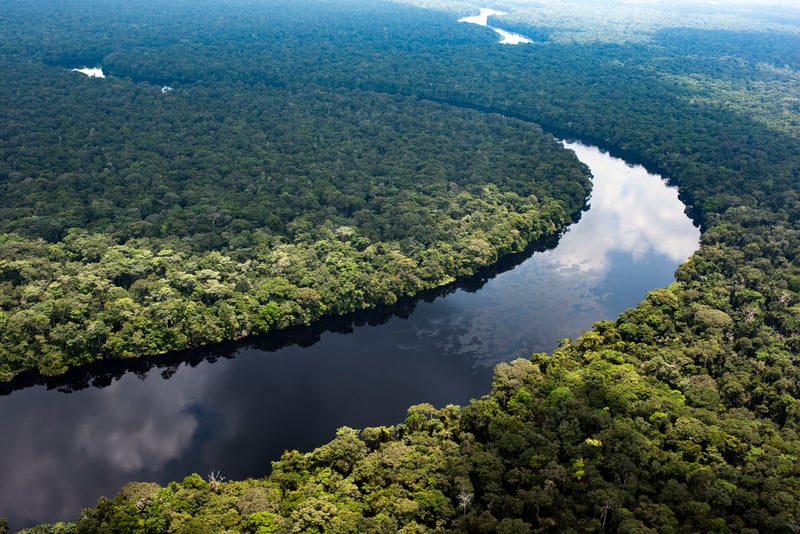
Kinshasa, 10 March 2021 – Certified companies, including the widely-known FSC label, are reportedly linked to forest destruction, land disputes and human rights abuses, warns a new report from Greenpeace International. ‘Destruction: Certified’, released today, shows that many certification schemes used for products such as palm oil and soya for animal feed are, in fact, effectively greenwashing destruction of ecosystems and violations of Indigenous and labour rights. Certification fails to tackle the core issues they claim to address.
In addition, 2020 has passed, the year when members of the Consumer Goods Forum (CGF) promised to have eliminated deforestation from their supply chains by using certification as one of the means to reach this goal. CGF companies, such as Unilever heavily relying on the RSPO certification scheme, have grossly failed to meet their zero-deforestation commitments. While certification has grown globally, deforestation and forest degradation have continued.
In Africa, the Congo Basin rainforest is dominated by a lack of governance, a high rate of corruption, and impunity surrounding the production of timber. In such a context, it is practically impossible to consider any timber from the Congo Basin as legal, even if it is certified. Certification in the Congo Basin – be it by FSC or any other entity – is largely meaningless and cannot attest that timber has been obtained with respect for biodiversity and local community rights. Nor can it be guaranteed that logging companies contribute to local development and to the national economy through due payment of taxes. Certification schemes only serve the greenwashing of illegal logging and the abuses of community rights.
Irene Wabiwa Betoko, International Project Leader for the Congo Basin forest, Greenpeace Africa: “Logging in the Congo Basin is a building block of local corruption and abuse of human rights. Contrary to its name, certification serves to greenwash some of sub-Saharan Africa’s most corrupt individuals to use logging companies as their personal mini-banks, financing repression, and clan rule.”
In both the Republic of Congo and Cameroon, FSC greenwashes the cultural genocide of Indigenous People. No Indigenous People were ever asked what they think about their ancestral lands being turned into a logging concession — despite FSC’s formal commitment to Free, Prior, and Informed Consent.
In 2018 in Cameroon, an FSC-certified Dutch company called Wijma retained its certificate for several months despite operating in the middle of a war zone. Inhabitants of its concession had been ordered by the government to evacuate the zone or “be treated as accomplices or perpetrators of ongoing criminal occurrences.”
After three decades of certification schemes and the failure to reach the 2020 deadline, the report takes stock. Based on extensive literature review, certification schemes’ publicly available data, and certification experts’ views, it offers a comprehensive critical review of the effectiveness of certification schemes. This is supplemented by an assessment of nine major certification schemes, including FSC, RTRS and RSPO.
Greenpeace is calling on governments to develop a comprehensive set of measures to address the issues in supply chains as well as the wider biodiversity and climate crises; including new legislation on production and consumption, and policies that enable the shift towards trade that favours people and planet, ecological agriculture and a consumption reduction, especially of meat and dairy.
Note to editors:
[1] Greenpeace International’s report Destruction: Certified can be found here.
[2] Photos and video can be accessed here.
Media contacts:
Irene Wabiwa Betoko, Greenpeace Africa International Project Leader for the Congo Basin forest, [email protected], +243-976756102
Tal Harris, Greenpeace Africa International Communications Coordinator, [email protected], +221-785366270
Greenpeace Africa Press Desk, [email protected]
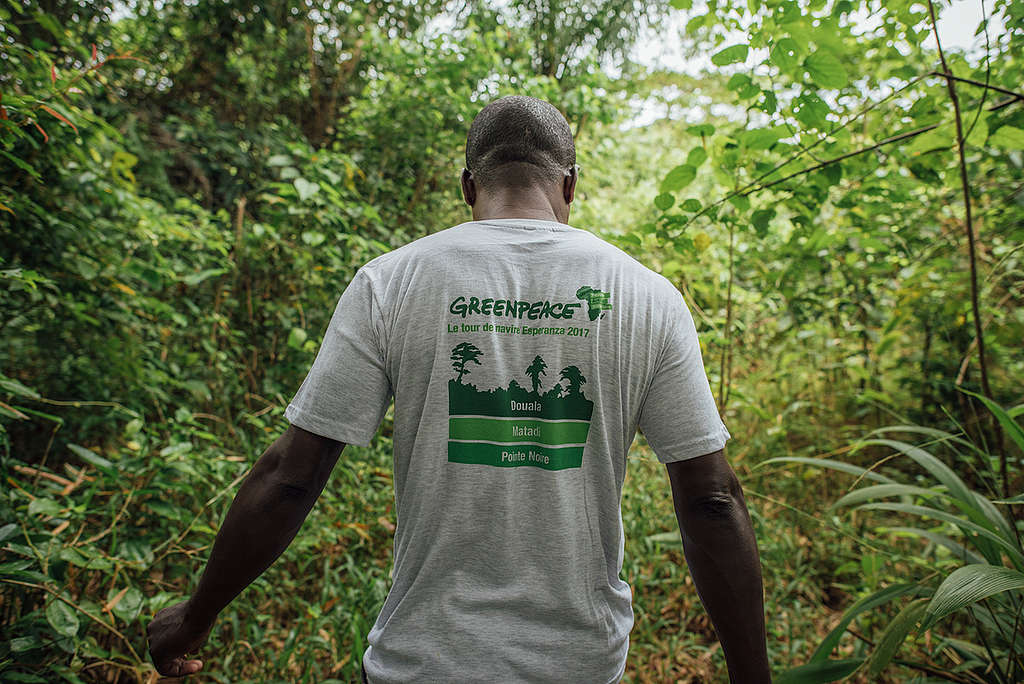

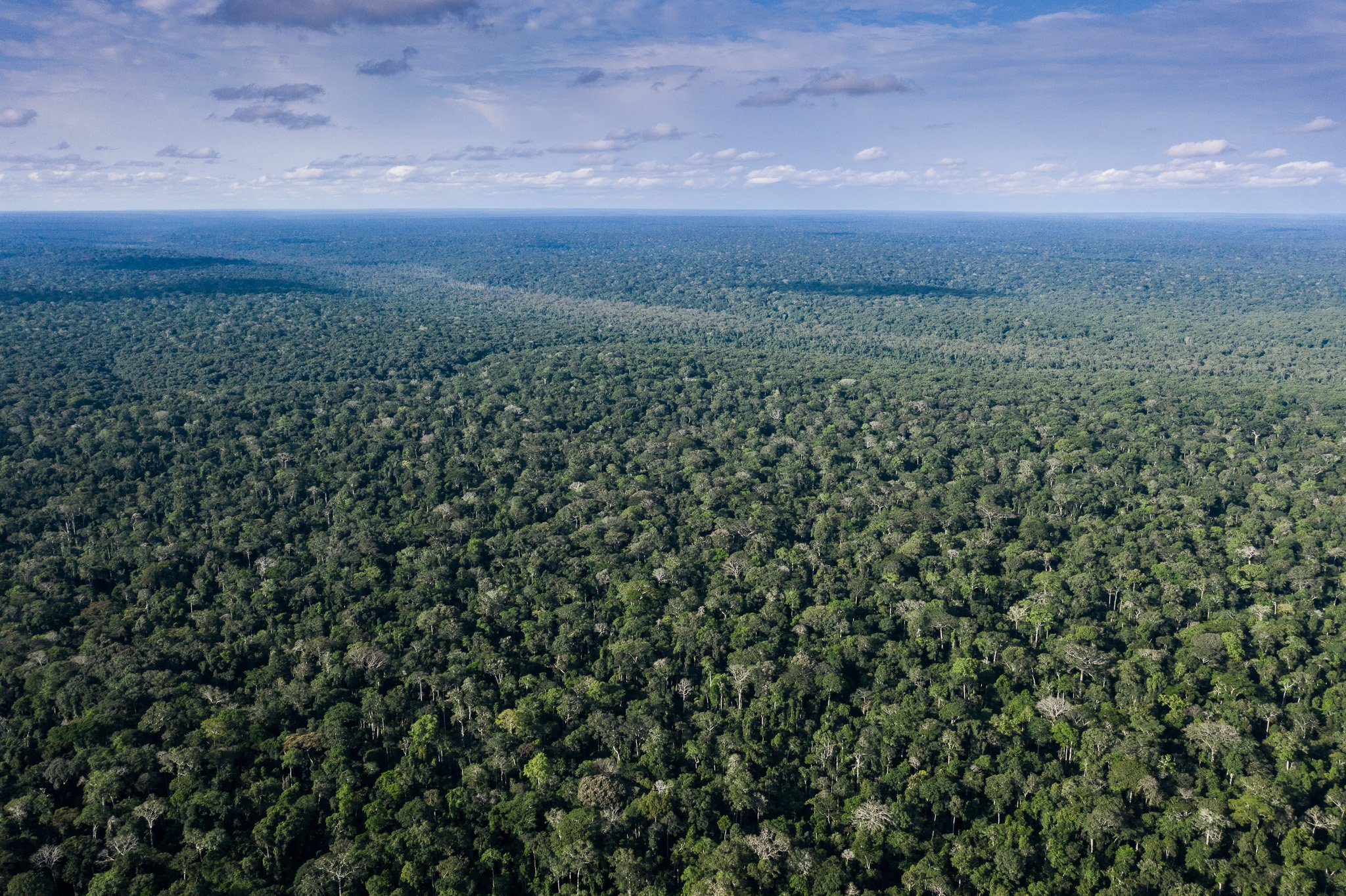
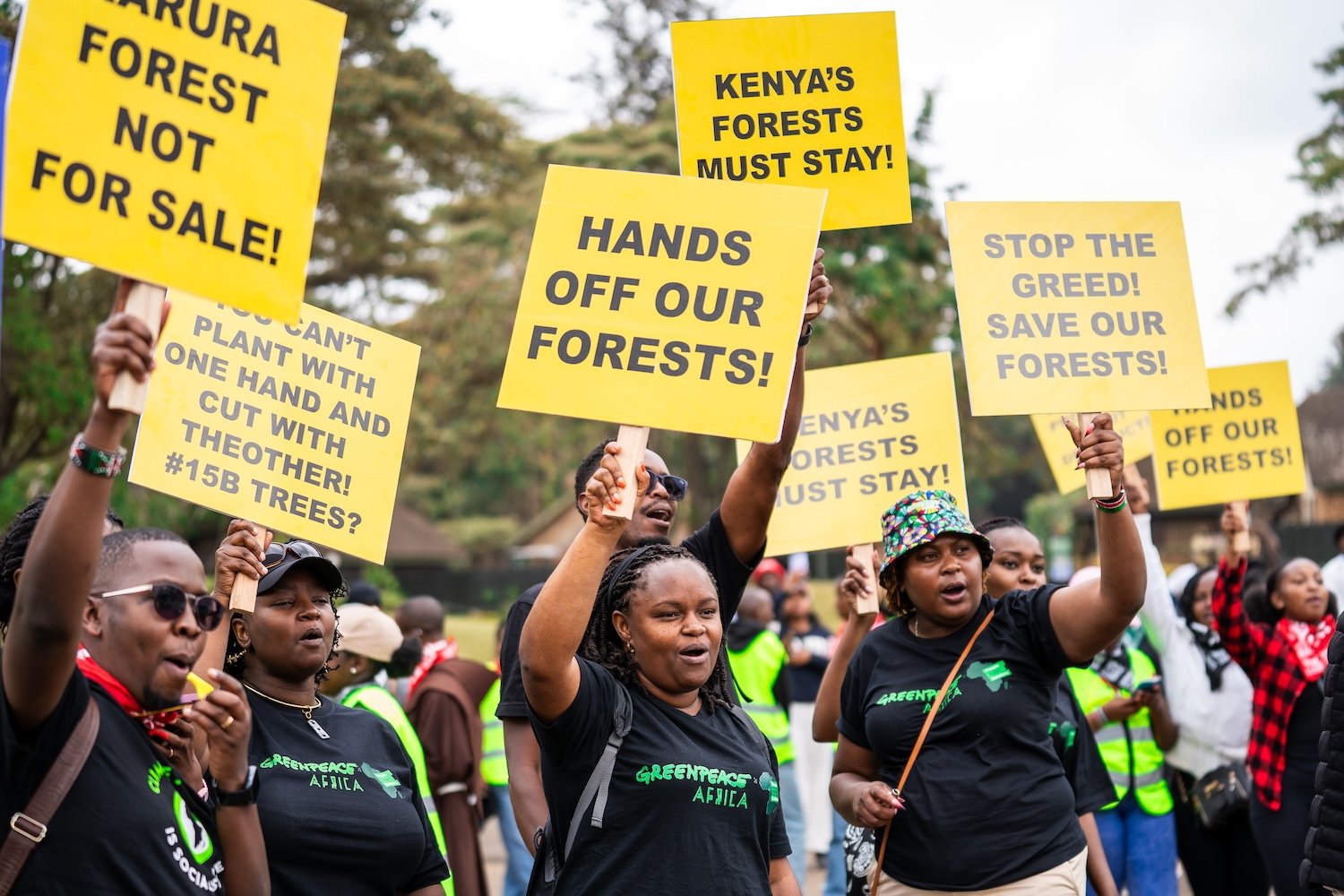
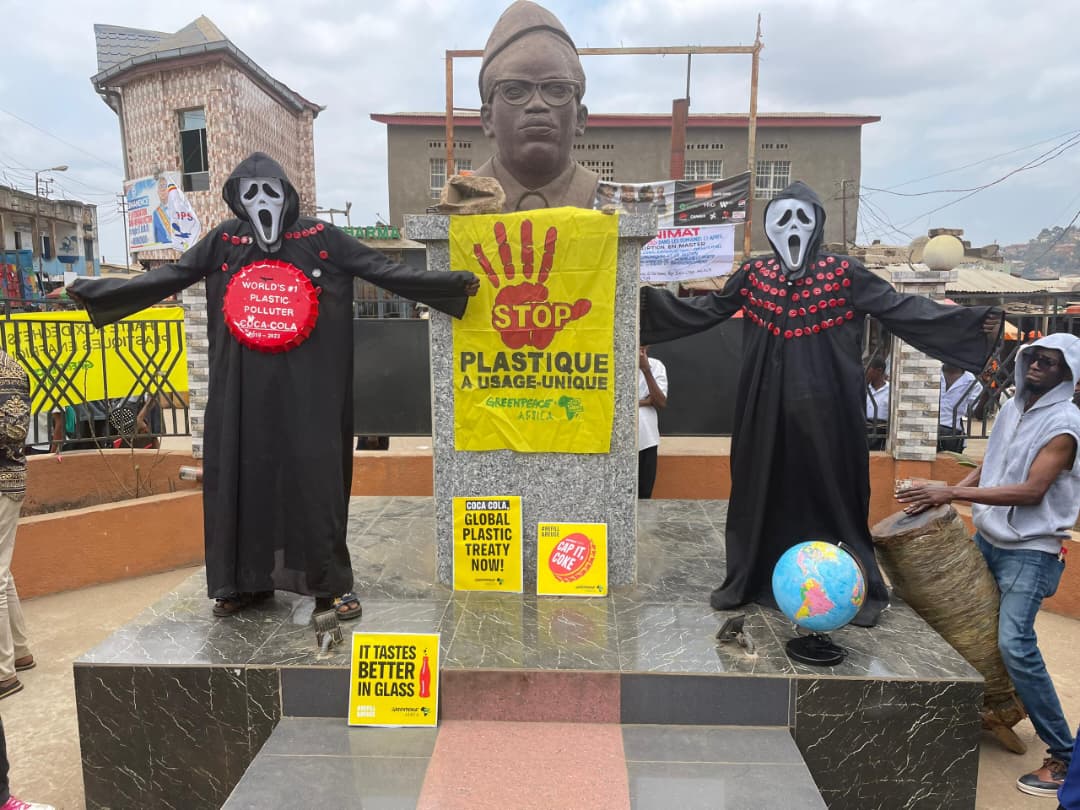
Discussion
It is horrific
Truly disheartening.
Why do we as humans have to destroy everything beautiful. Isn't it time to just stop and take appreciation of what we have left. We should nurture, love and respect nature just as it does us. My son from a young age has considered humans as litter, not deserved of this planet and that comes from the mouth of innocence. Enough People!
Thank you for your comment. This is genuinely devastating; We need to change our behaviour as humans to preserve our fragile planet.
Why do we as humans have to destroy everything beautiful. Isn't it time to just stop and take appreciation of what we have left. We should nurture, love and respect nature just as it does us. My son from a young age has considered humans as litter, not deserved of this planet and that comes from the mouth of innocence. Enough!